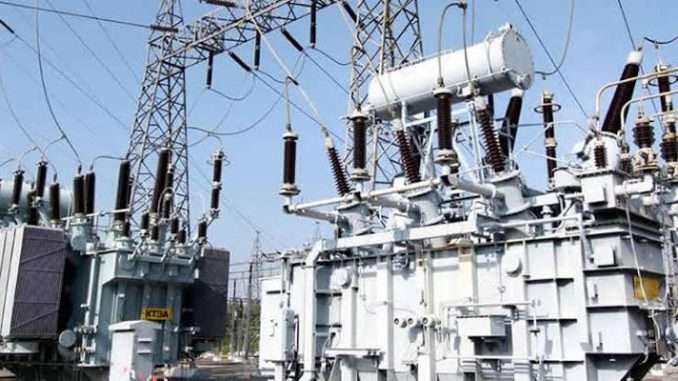
The repeated collapses of Nigeria’s national grid have sparked widespread concern, prompting questions about the root causes of the persistent power outages.
Some experts have identified several factors contributing to the grid’s instability, with a focus on poor infrastructure, inadequate generation capacity, and operational inefficiencies.
1. Aging Infrastructure and Lack of Investment
One of the major causes cited is the outdated and poorly maintained infrastructure of the power grid. Most of Nigeria’s power grid was constructed decades ago and has not seen significant upgrades.
This aging system struggles to handle the increasing demand for electricity in the country.
Frequent collapses occur when the system is overwhelmed, and experts believe that without significant investment in modernizing the grid, these failures will continue.
2. Generation Deficits and Overload
Nigeria’s power generation capacity remains insufficient to meet the country’s needs. The grid is consistently overloaded due to low output from generation companies (GenCos), many of which face challenges such as gas supply shortages and equipment breakdowns.
These generation deficits place additional strain on the system, leading to shutdowns when the grid is unable to balance supply and demand.
3. Transmission and Distribution Failures
Another critical issue is inefficiencies within the transmission and distribution networks. Power that is generated often cannot be delivered effectively due to bottlenecks in the transmission lines.
Losses during transmission further reduce the amount of electricity available to consumers, contributing to grid instability. Experts argue that a more decentralized grid and upgraded transmission infrastructure are necessary to reduce the risk of nationwide blackouts.
4. Operational and Regulatory Challenges
The grid’s operation is also hampered by a lack of coordination between various entities involved in the generation, transmission, and distribution of electricity.
According to reports, frequent disputes between regulatory bodies and energy companies contribute to slow decision-making and hinder effective management of the grid.
Furthermore, regulatory lapses and unclear governance frameworks have discouraged the level of investment needed to improve the system.
5. Impact of External Shocks
Frequent natural and economic shocks, such as extreme weather and fluctuating global fuel prices, exacerbate the fragility of the grid.
Gas shortages, in particular, are a recurrent issue, as many of Nigeria’s power plants rely on gas for electricity generation. Interruptions in gas supply reduce generation output, leading to grid imbalances.
In conclusion, addressing Nigeria’s frequent grid collapses will require a multi-faceted approach, including heavy investment in infrastructure, improved coordination among regulatory bodies, and the diversification of energy sources to reduce reliance on gas-powered plants.